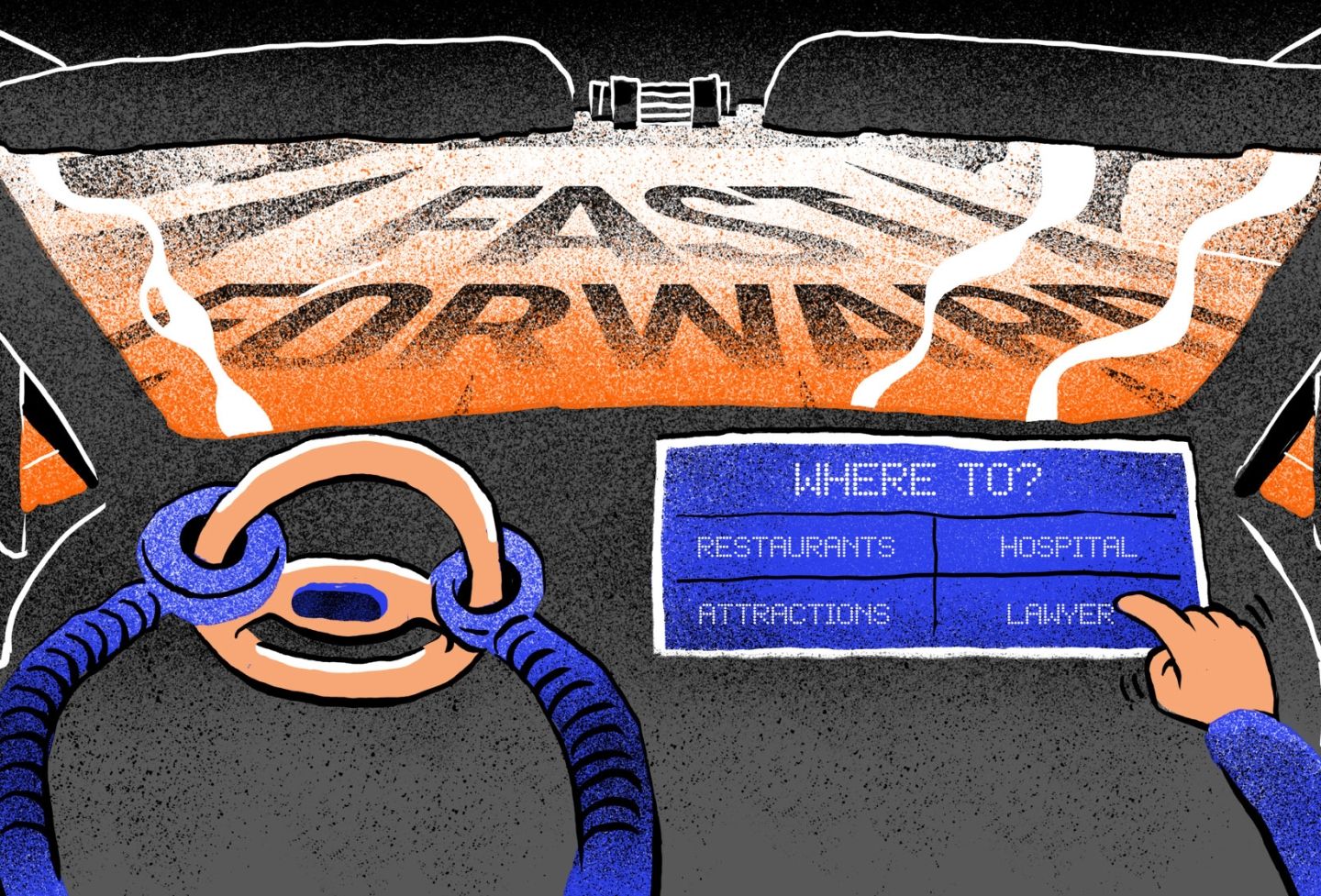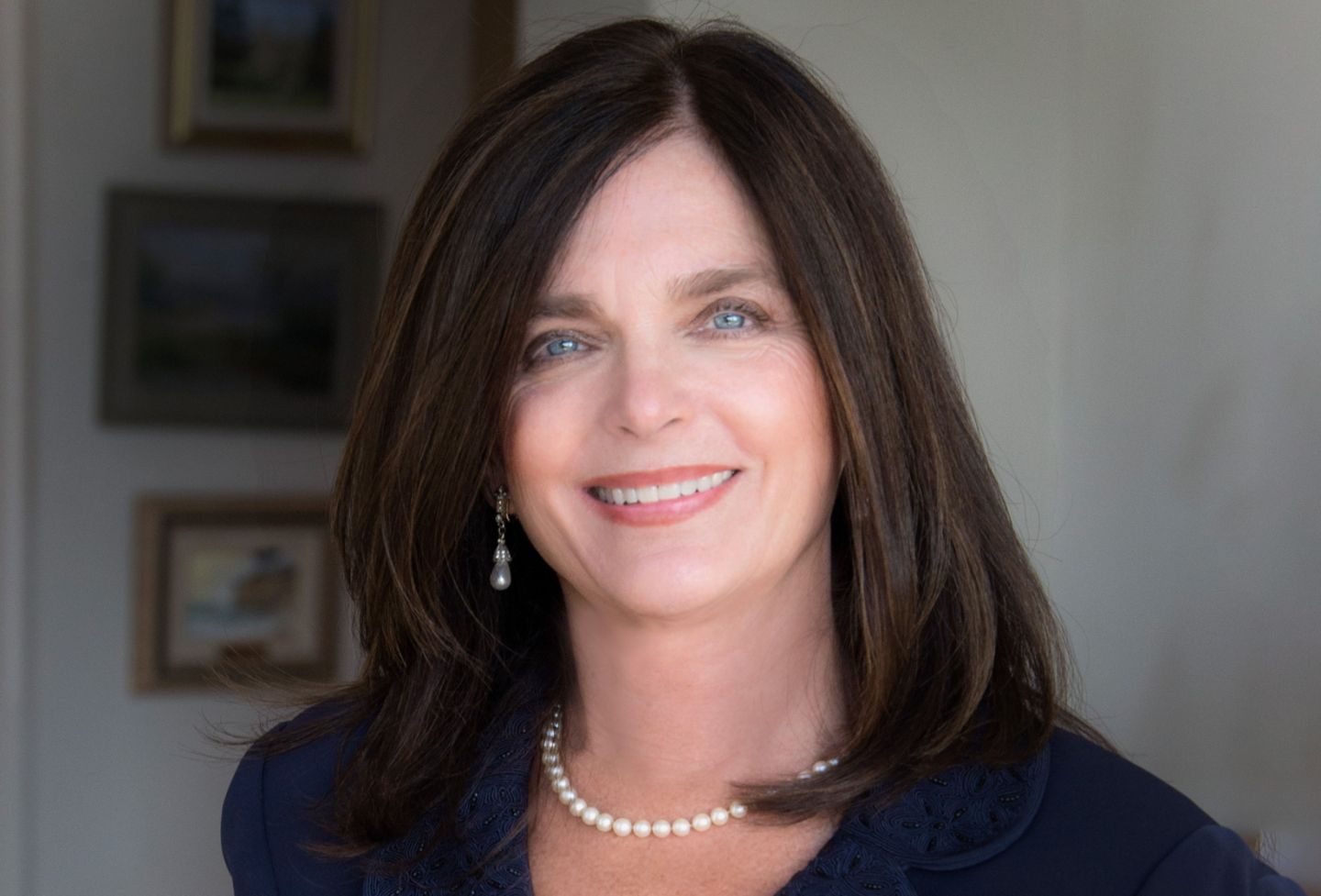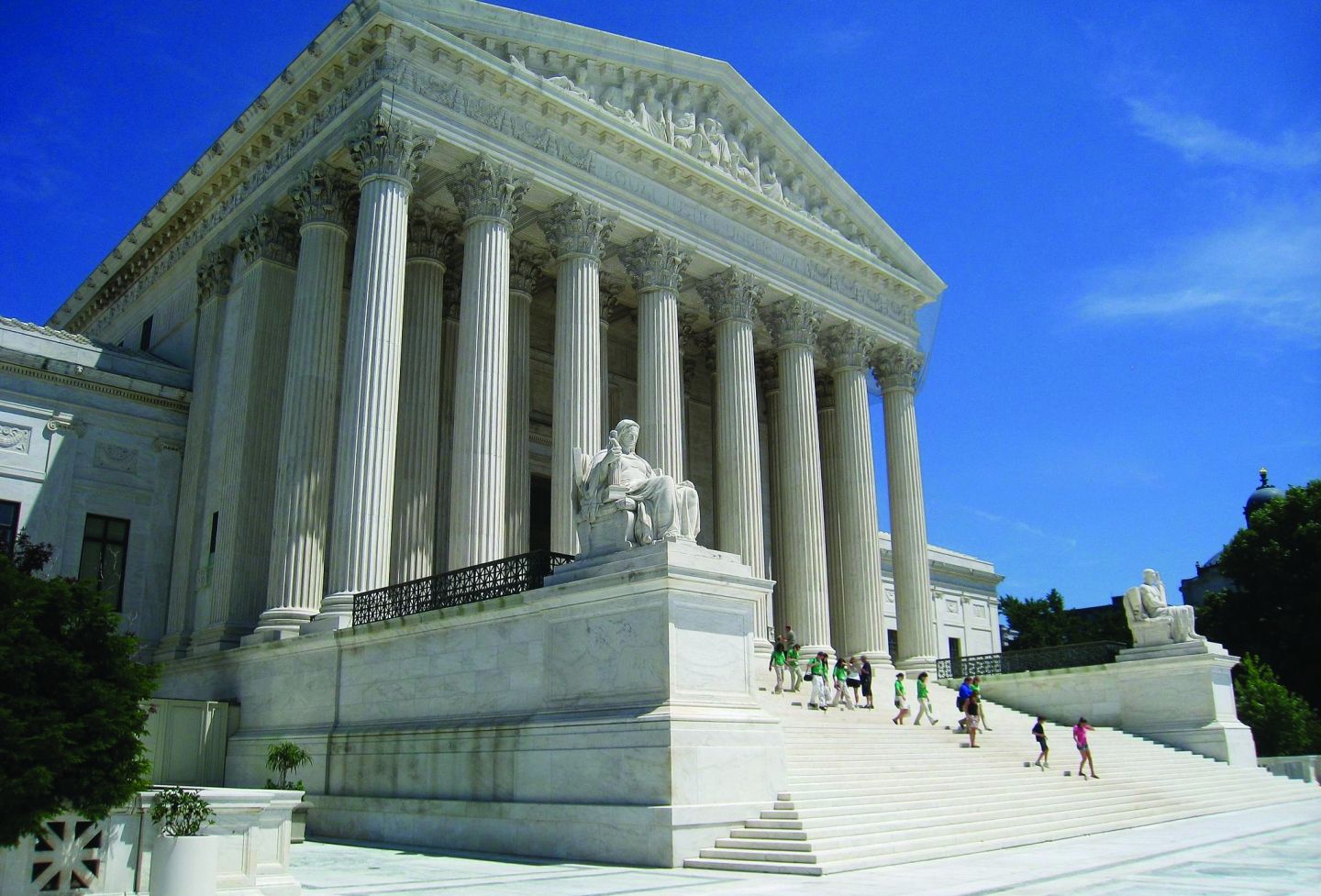escribe your job and what you like about it.
DI’m an appellate litigator with Hogan Lovells, in Washington, D.C. I co-head the practice; I also serve as a member of the firm’s Global Board. What I love is that I get to be a generalist — a rare thing these days. I handle the legal gamut, from constitutional issues to complex regulatory appeals to patent appeals to habeas appeals, on behalf of all sorts of clients, from multinational companies to death-row prisoners.
Can you brag a little bit, and tell us about your greatest accomplishments in your career?
Accomplishments come in various packages. Some are quantitative: I’m closing in fast on 100 appellate arguments. Some are feats of stamina: In May, I had four arguments, in four different circuits, in nine days. (Do not try this at home.) Some are particularly meaningful: I spend much of my pro bono time litigating on behalf of death-row inmates — work that has led to the highest highs, and lowest lows, of my time at the firm. And others are more slow-building: Having been at Hogan Lovells for as long as I have, I’ve had the chance to work with many dozens of lawyers, and to instill in them, I hope, the virtues that UVA Law embodies to me — exceptional skill, warmth, collegiality and fair play. And of course, my teenage daughters would tell you that my greatest accomplishment is, alongside my husband, John Faust ’93, parenting two kids as brilliant, funny, talented and excellently awesome as they are. As usual, they are right.
What is the toughest case you’ve won, and how did you do it?
I’ve won multi-hundred-million dollar appeals and argued Supreme Court cases that you can find in civil procedure and international law textbooks. But one of the toughest cases I’ve won wasn't even a real case. It was a mock oral argument at the Washington Shakespeare Theater, against a formidable Chicago trial lawyer, before several federal judges, in front of an audience of several hundred theater-goers. My client, Olivia (the countess from “Twelfth Night”), was suing her husband, Sebastian, for having lured her into marriage on false pretenses. Audience members voted at the end of the argument by placing chips — red for Sebastian, blue for Olivia — in velvet bags, which were then weighed on a scale for all to see. The blue bag landed on my side with a very satisfying thud. Sadly, this is not how most appeals are decided. (As for how I won it: probably at rebuttal, which I gave in iambic pentameter.)
What are the keys to being a great appellate litigator?
Listening. Preparation. Humility. Grace and concision under extreme time pressure.
This issue is focused on the future of law. What do you hope changes about law in the future?
The issues that come foremost to mind have loomed for some time: One has to do with how law-firm lawyers (especially big-firm lawyers) bill their time. The other has to do with how clients select their counsel. And both stem from the same thing — the tendency to opt for the most conservative course. The traditional way lawyers bill their time is hourly. I’ve never understood this. It produces skewed incentives, and it rewards hours of unproductive toil far more than a minute of sheer inspiration, when the latter is clearly more valuable to the client. But few firms (or clients) have figured out how to implement, on a large scale, alternatives to the billable hour, despite decades of angst over it. On the counsel-selection side: Clients are paying more attention these days to diversity in their teams, but many still lag behind when choosing diverse lead trial and appellate counsel. The conservative course is to choose the veteran — and that veteran is more likely than not a white man of a certain age. Clients opening their minds beyond the usual shortlist might just get them a better lawyer for their matter. I’m hopeful that the increased attention at the C-suite level to diversity among outside counsel will move the needle here, more than it’s moved thus far.
What lessons from your law school days have served you well?
Work hard. Be kind. Raise your hand. Learn people’s names — everyone’s names, including all the unsung people who make the Law School and the building run.
You have the last word. What do you want to say?
My last word is for the law students who struggle with public speaking. So did I. (I still do.) The very fact that public speaking is daunting to you will make you a better lawyer, in the end: You will listen more, prepare more and approach each argument with more humility. And not coincidentally, those three features are the features that make a great appellate litigator. See supra.



